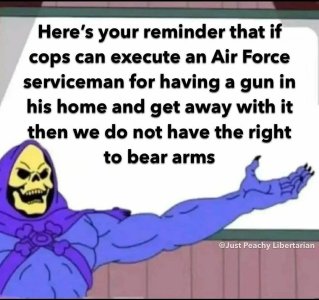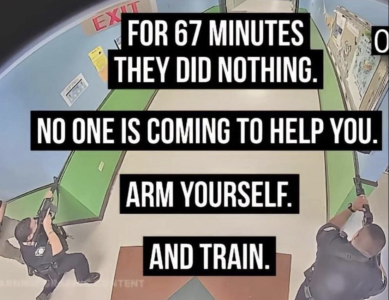Last Updated Apr 19, 2024 5:04 pm. Local gun owners and retailers are still patiently waiting to hear more about the federal government’s firearm buyback program nearly four years after it was first announced. The 2024 federal budget tabled this week includes millions to support the program, but some say they’re still left with unanswered questions. The Liberals latest spending plan includes $30.4 million from “existing departmental resources” to support the buyback of assault-style firearms that were banned after a 2020 mass shooting in Nova Scotia. Tracey Wilson, VP of communication with the Canadian Coalition for Firearms Rights, says the ban won’t do anything to address gun violence. She claims it targets lawful gun owners rather than targeting those who illegally transport firearms and use them to commit crimes. She said she was relieved to hear the dollar amount in the budget, saying it is obviously not enough to buy all of the banned firearms within two years. “They’ve already spent $42 million to date on administrative costs and they’ve collected zero guns,” she says. Since the ban in 2020, JR Cox, owner of the Shooting Edge in southeast Calgary, has been sitting on $750,000 worth of inventory he can’t sell. Cox says the new funding announcement doesn’t give him any hope that he will be able to sell it. “We keep getting different rumours about what they want to do,” he says. “It keeps changing. Everytime we talk to a government official, the plan changes.” Cox says he’s expecting the Liberals to use the ban as an incentive for voters in the next federal election, but all he can do now, is hope for the ban to eventually be overturned. Robert Stewart owns the Shooting Warehouse and says since the ban his revenue has declined by 25 per cent, and is skeptical it will do anything to reduce gun violence. He says the latest spending announcement doesn’t give him any confidence in the federal government’s plan to facilitate a buyback program. “I think it’s going to cost up to $10 billion to buy back all these firearms,” Stewart says. “They haven’t done their homework.” Both Stewart and Cox say all they can do is wait while the value of their inventory deteriorates. Ottawa said last year they signed a contract with the Canadian Sporting Arms and Ammunition Association (CSAAA) to work with businesses and retailers that currently hold inventory prohibited under the May 2020 order-in-council. The deal aims to see the federal government retrieve assault-style weapons and parts that are currently still in the marketplace but can’t be sold. The CSAAA said at the time it remains “skeptical” of the industry buyback program, citing concerns about a lack of implementation process. With file from The Canadian Press


